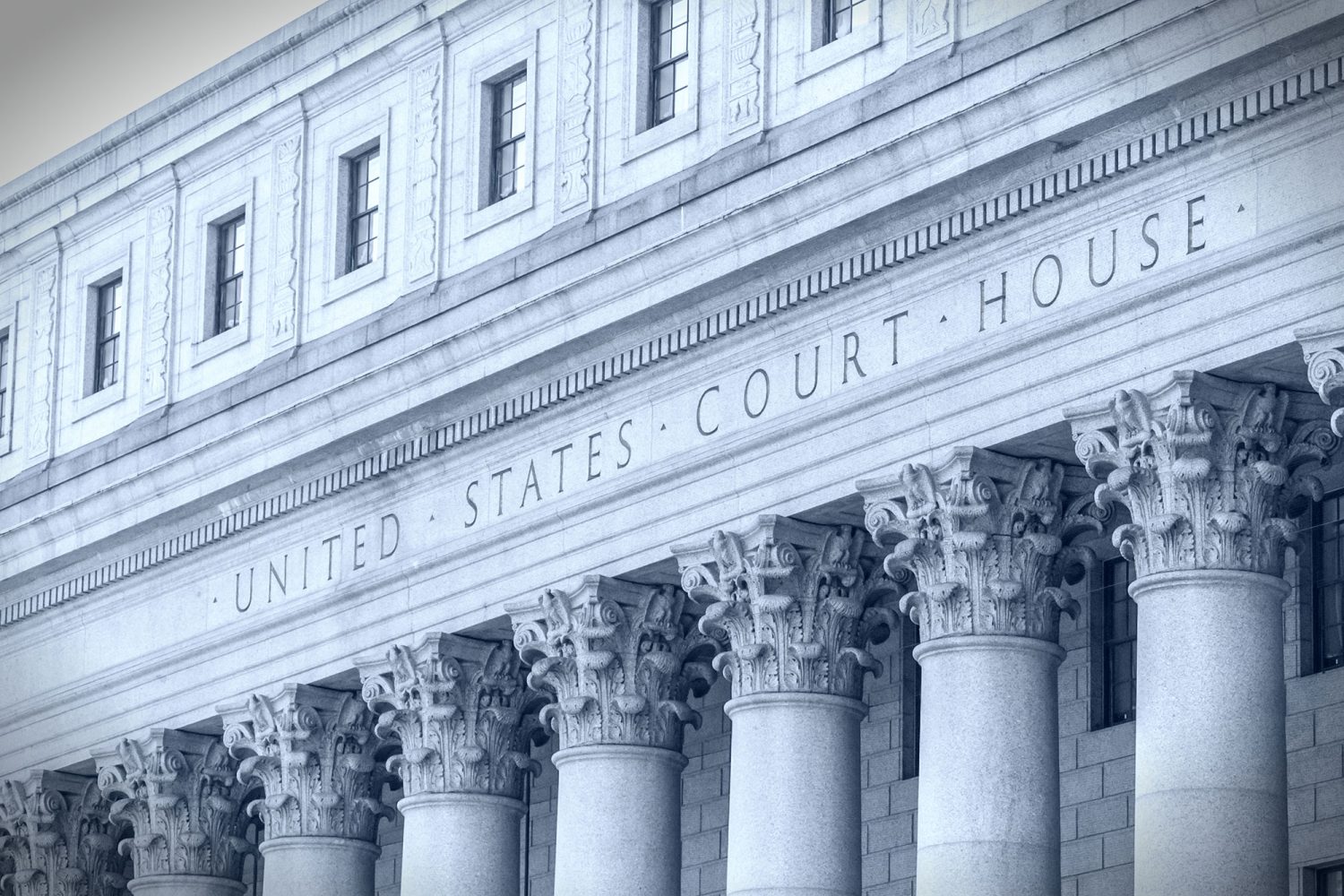Employers Beware: Compelling Arbitration Under a CBA May Be a Problem

BACKGROUND:
After being fired by his employer, Anheuser-Busch Companies, LLC, Matthew Brown filed suit in federal district court alleging that his termination was the result of racial discrimination and retaliation, in violation of Title VII.
In response, Anheuser-Busch filed a motion seeking to compel arbitration of Brown’s district court claims, asserting that at the time when he was hired, Brown had agreed to be bound by the company’s Arbitration Agreement, which required employees to arbitrate any such claims against the company. Brown disagreed that he was required to arbitrate his claims, insisting that he was entitled to have his claims adjudicated via district court proceedings, including a jury trial.
So far, there is nothing out of the ordinary here, procedurally. Specifically, employers typically seek to enforce arbitration agreements to lower costs and time in adjudicating claims. It is also quite typical for an employee to argue that said agreement is unenforceable.
Typically, when such a dispute arises, the court will interpret the at-issue agreement to determine whether the employee can be required to pursue his claims via arbitration instead of through a judicial proceeding.
THE LITIGATION:
Here is where it gets interesting. In International Brotherhood of Teamsters Local 947 v. Anheuser-Busch Brewing Properties, LLC, the National Labor Relations Board (“NLRB”) inserted itself into the proceedings, prior to resolution by the district court and ordered the defendant employer to cease and desist any efforts to require arbitration.
While there is precedent for the NLRB to direct persons under its jurisdiction to cease their particular litigation efforts, it is not typically done in this manner. After Anheuser-Busch asked the district court to compel arbitration, Brown filed an unfair labor practice charge with the NLRB, arguing that the defendant employer’s efforts to enforce its arbitration agreement contravened the collective bargaining agreement and constituted a unilateral change to the terms of Brown’s employment, in violation of the National Labor Relations Act (“NLRA”). Pending a determination by the NLRB. The district court action was stayed.
THE NLRB DETERMINATION:
The Administrative Law Judge (“ALJ”) assigned to rule on the charge ordered Anheuser-Busch to withdraw portions of its motion to compel arbitration in the district court litigation. The matter then moved to a review panel of the NLRB. In a split two-one decision, the NLRB dismissed the charge. The Board declined to determine whether Anheuser-Busch’s motion to compel arbitration contravened relevant portions of the NLRA, and thereby constituted an unfair labor practice.
Instead, the Board held that even if Anheuser-Busch’s efforts to compel arbitration were unlawful under the NLRA, the Petition Clause of the First Amendment generally protected its right to give it a try in the district court litigation.
Further, the Board concluded that Anheuser-Busch’s motion to compel arbitration did not meet the exception to a litigant’s First Amendment right to petition that the Supreme Court had carved out in Bill Johnson’s Restaurants, Inc. v. NLRB, which exception permits the Board to enjoin even reasonably-based lawsuits when the latter have “an objective that is illegal under federal law.”
ANHEUSER-BUSCH APPEALS:
Anheuser-Busch filed an appeal arguing that the ALJ’s order requiring Anheuser-Busch to withdraw its motion to compel arbitration pursuant to the Dispute Resolution Policy violated Anheuser-Busch’s First Amendment Right to Petition.
THE DECISION:
In a blistering opinion, the Eleventh Circuit reversed the NLRB. The opinion turns largely on the meaning of a footnote in a 1983 Supreme Court decision that originated in Arizona, Bill Johnson’s Restaurants, Inc. v. NLRB. The Court of Appeals held that a court filing may lose its First Amendment protections and violate the NLRA when the filing has “an objective that is illegal under federal law,” which is precisely the standard established in Bill Johnson’s Restaurant case.
The court found that the motion to compel arbitration in this instance potentially had an objective that was, itself, illegal because it sought to enforce an arbitration agreement that itself might turn out to be a violation of the NLRA. As a result, the court reversed the NLRB and remanded the case to determine whether, in fact, the arbitration agreement violates the NLRA.
This decision explores the intricacies and dichotomies between the First Amendment Petition Clause and the NLRA. The ruling here would essentially chill First Amendment-protected petitioning of the courts, as employers, unions, and employees alike have no clear way to determine whether something as simple as a motion to compel arbitration violates the NLRA. The decision may open the door for the Supreme Court to revisit Bill Johnson’s Restaurant and particularly footnote 5.
The court was extremely critical of the NLRB’s requirement that there must be an additional unlawful underlying act in addition to the litigation itself. The court specifically noted that the NLRB utterly failed to give any examples of what such underlying acts could be.
TAKEAWAY FOR EMPLOYERS:
Employers with union employees will need to thoroughly review the pertinent CBA before going to the courts to attempt to compel arbitration. If your company has any questions concerning agreements to arbitrate, please call Cynthia Augello at 212-390-8229 or email her at Cynthia@warren.law.
